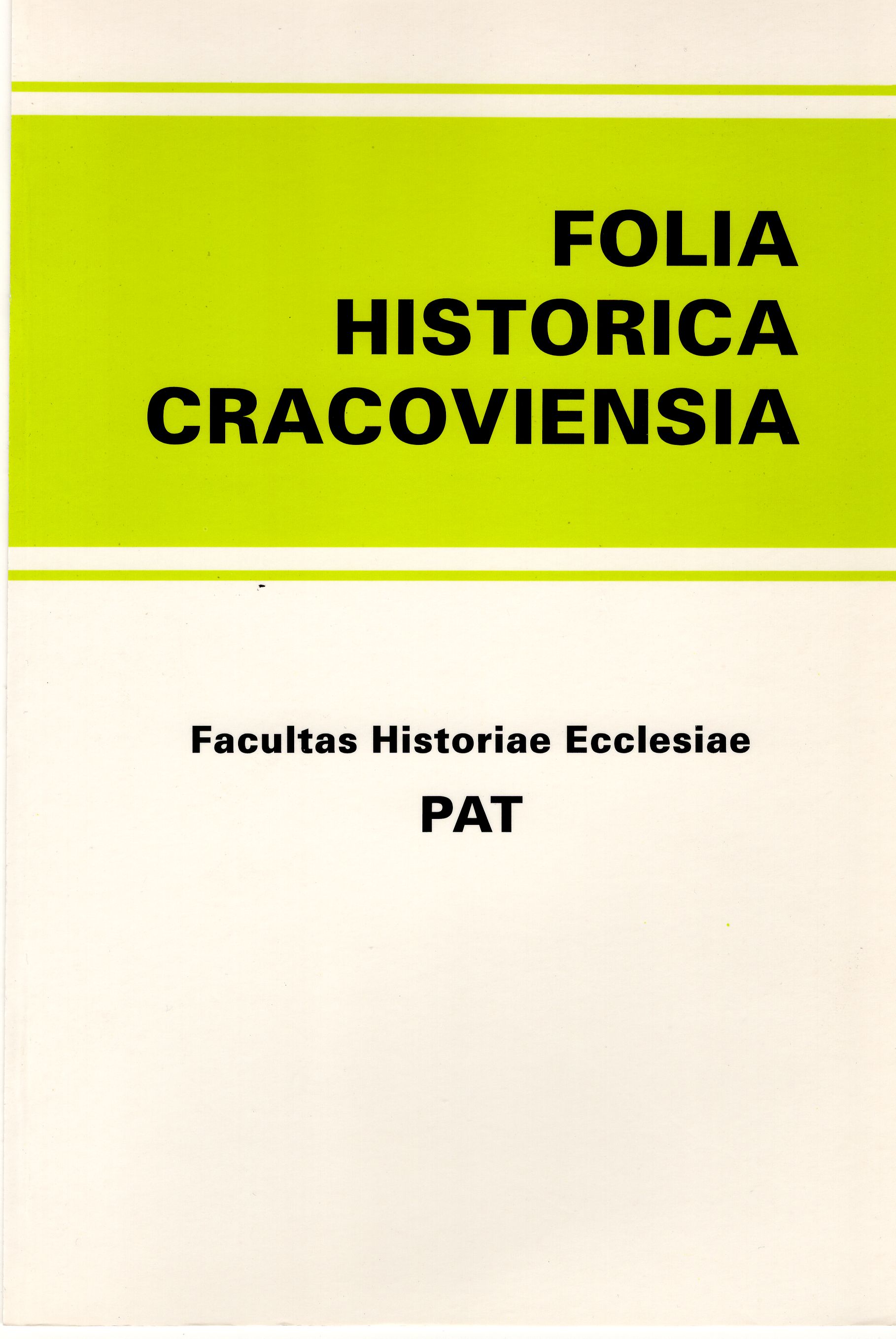„Sentire cum Ecclesia” - Arcybiskup Oscar Romero w ogniu podziałów
Sentire cum Ecclesia" –Archbishop Oscar Romero in a crossfire of dissent
Author(s): Andrzej DobrzyńskiSubject(s): History, Fine Arts / Performing Arts, Local History / Microhistory, Recent History (1900 till today), Theology and Religion, Film / Cinema / Cinematography, History of Religion
Published by: Wydawnictwo Naukowe Uniwersytetu Papieskiego Jana Pawła II w Krakowie
Keywords: Sentire cum Ecclesia; Archbishop Oskar Romero
Summary/Abstract: W filmie pt. Karol. Papież, który pozostał człowiekiem, w reżyserii G. Battiato, wprowadzono motyw abp. San Salwadoru Oscara Romero i jego spotkania z Janem Pawłem II. Wątek ten jest kluczem do nakreślenia w ekranizacji skomplikowanej sytuacji w Ameryce Łacińskiej. Kościół nie mógł pozwolić, by religia utraciła swe społeczne znaczenie na kontynencie ogarniętym przez skrajne podziały polityczne i ekonomiczne. Pragnął być „pierwszym, który reaguje na ludzkie nieszczęście” . Ale zadanie to było trudne i wymagało osobistej ofiary, co przedstawia scena rozmowy abpa Romero z Ojcem Świętym. Metropolita wyznał, że jest „wzięty w dwa ognie” podzielonego świata i kraju, a „uzbrojony tylko w Słowo i modlitwę”. The article Sentire cum Ecclesia Archbishop Romero caught between the fires of division: presents a clear picture of the difficult situation the Archbishop was involved in while ministering the war torn politically explosive Archdiocese of San Salvador (1977-1998) and the importance of maintaining his relationship with Rome. He lived his life between two burning fires: the cold war and the revolution, right and left wing factions, the unity of the Church and Liberation theology, and at the same time bearing within the strain of the dichotomy between the tendency for the mystic and his prophetic gift. The Archbishop was committed to put into practice the teaching of Vatican II, the social doctrine of the Church, and to the documents written by the Latin American Bishops in the conferences of Medellin (1968) and Puebla (1979). Paying attention to the circumstances of the Archdiocese and to the needs of Salvadorian society as a whole, Romero searched for solutions, taking into account his conscience and the Magisterium of the Church, while living a deeply spiritual life. His Episcopal motto, “To be of one mind with the Church” signifies his dedication and compassion with the suffering poor and disenfranchised, and the Church as an institution. Proof of this stems from always referring his feelings back to Rome and his dedication to the poor and persecuted. Even though it is not easy to draw any conclusions or make any judgments regarding Oscar Romero’s mission of the Church in the midst of the countries crisis, the article underlines the Historical-Ecclesiastical perspective that allows the avoidance of myths that continue to exist, in both liberal and conservative Catholic surroundings.
Journal: Folia Historica Cracoviensia
- Issue Year: 12/2006
- Issue No: 1
- Page Range: 5-23
- Page Count: 19
- Language: Polish

